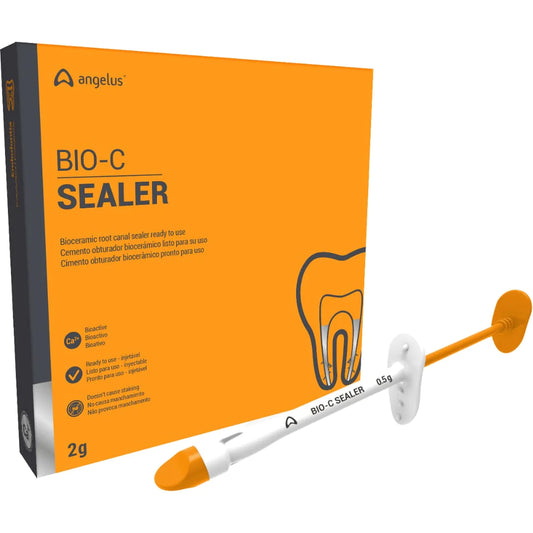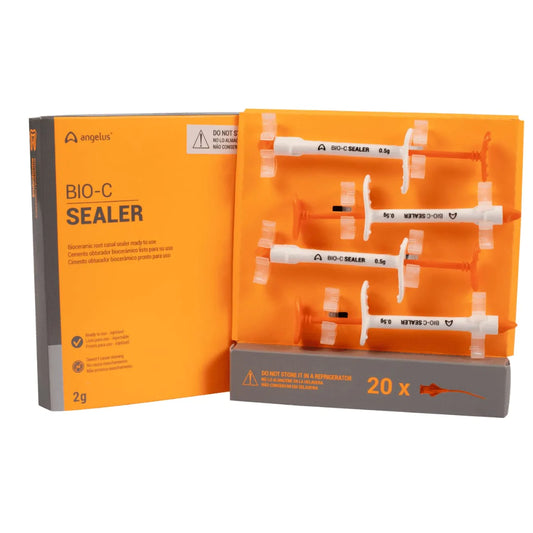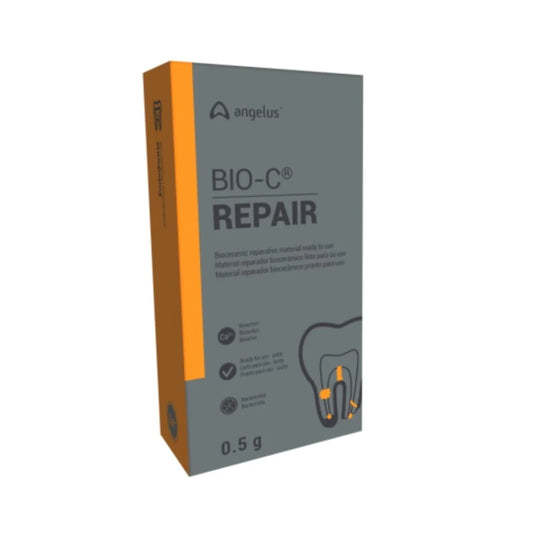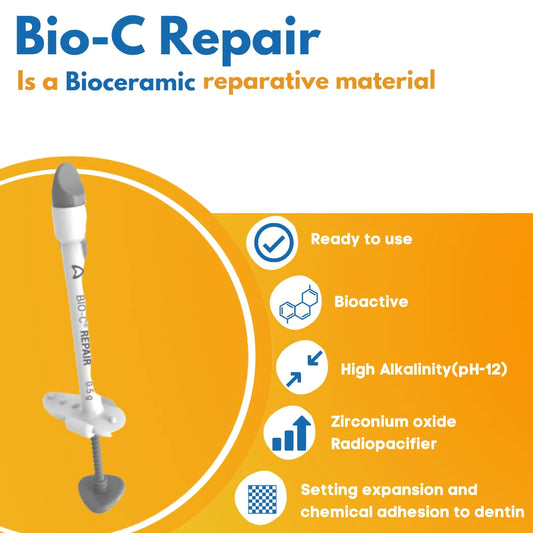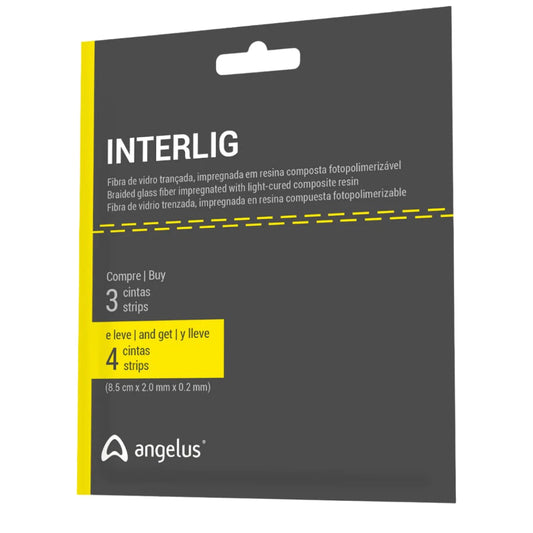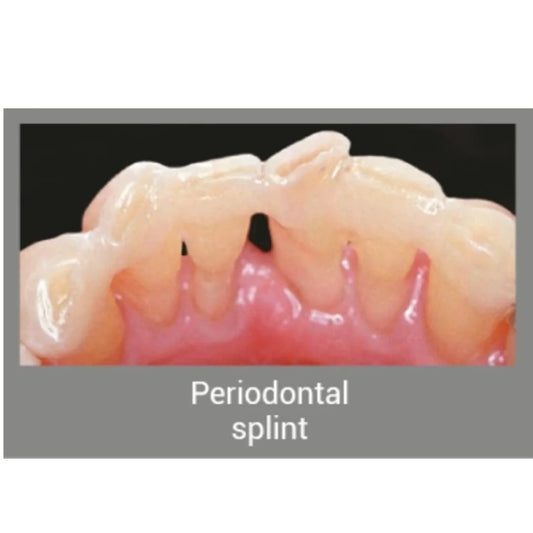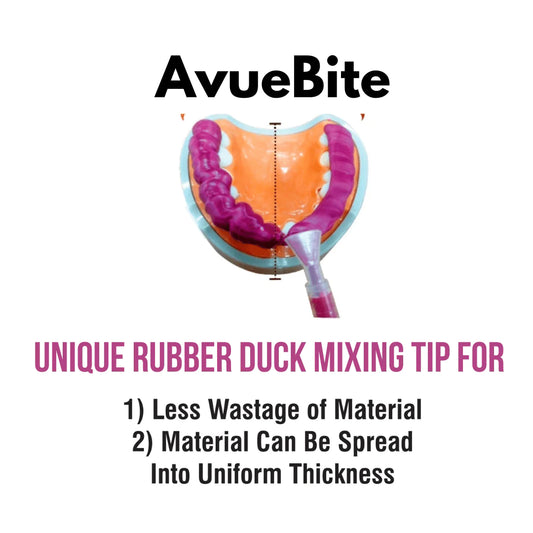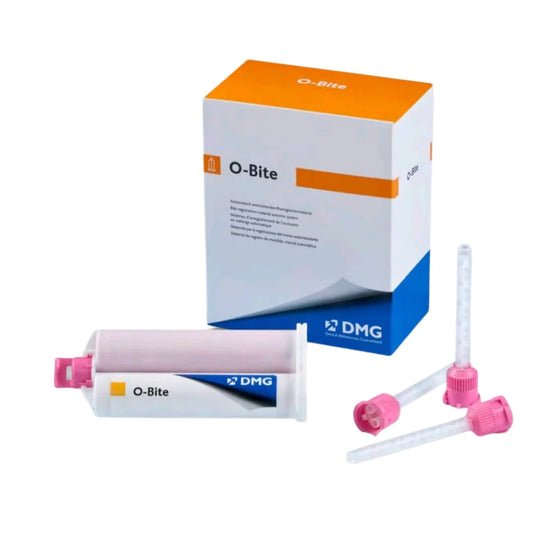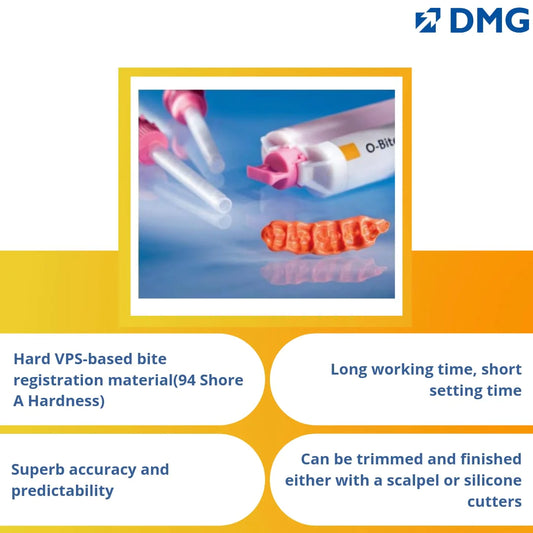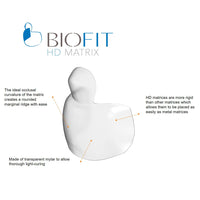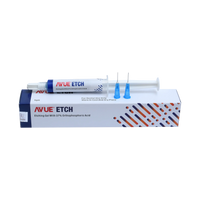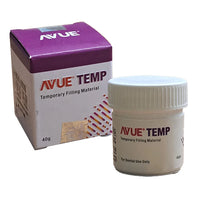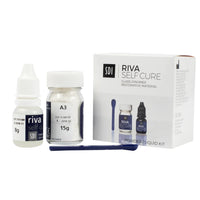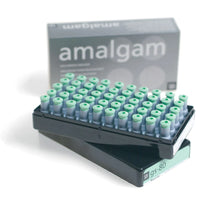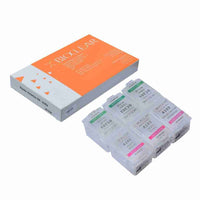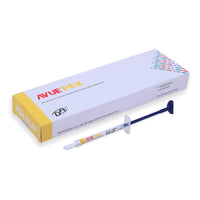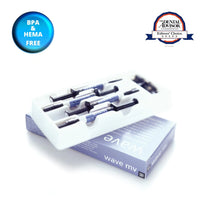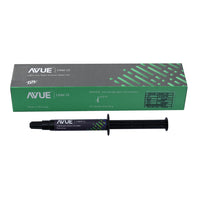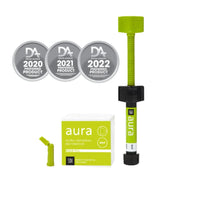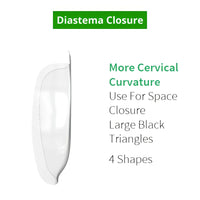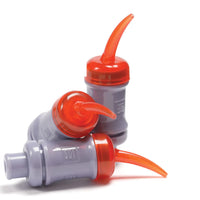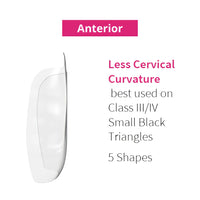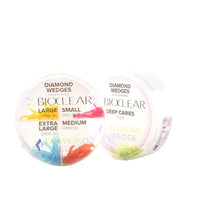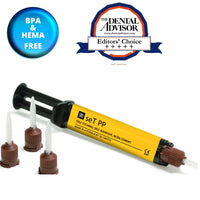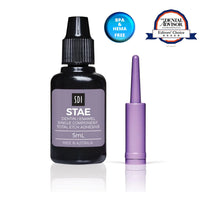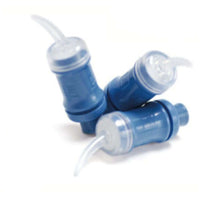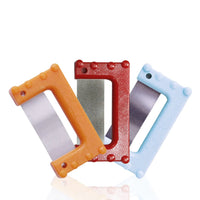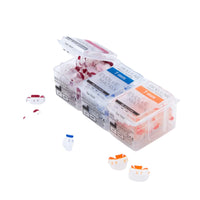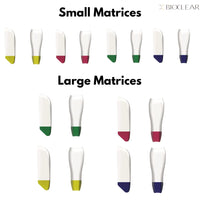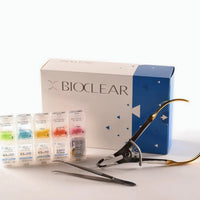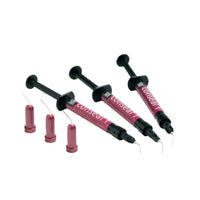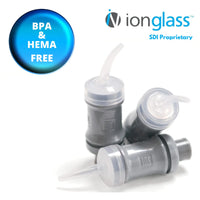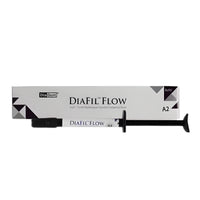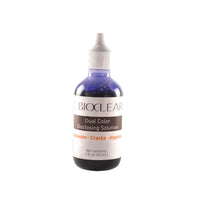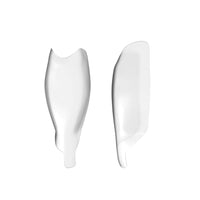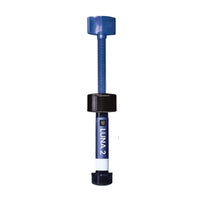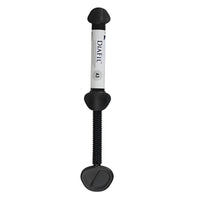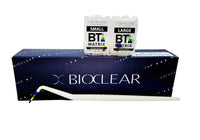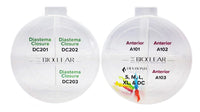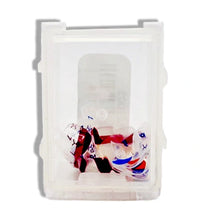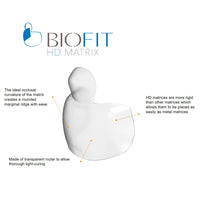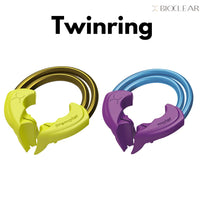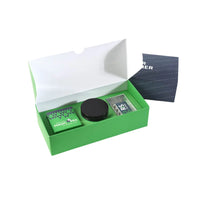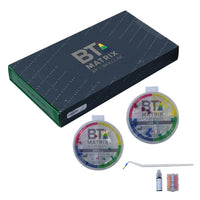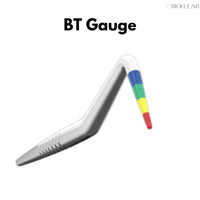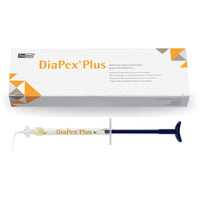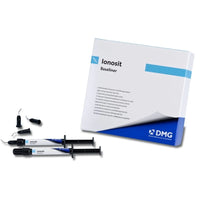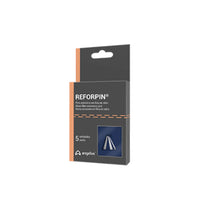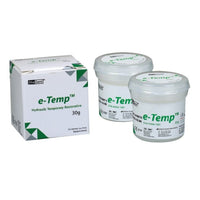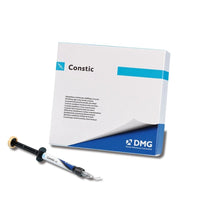Images
Product
Price
Qty
Options
- From Rs. 1,880
Rs. 2,655- From Rs. 1,880
- Unit price
- per
- From Rs. 1,815
Rs. 3,000- From Rs. 1,815
- Unit price
- per
- Rs. 12,675
Rs. 16,130- Rs. 12,675
- Unit price
- per
- Rs. 395
Rs. 700- Rs. 395
- Unit price
- per
- Rs. 1,900
Rs. 2,500- Rs. 1,900
- Unit price
- per
- Rs. 1,760
Rs. 2,200- Rs. 1,760
- Unit price
- per
- From Rs. 3,150
Rs. 4,160- From Rs. 3,150
- Unit price
- per
- From Rs. 7,530
Rs. 8,550- From Rs. 7,530
- Unit price
- per
- From Rs. 3,135
Rs. 4,160- From Rs. 3,135
- Unit price
- per
- From Rs. 4,320
Rs. 5,510- From Rs. 4,320
- Unit price
- per
- Rs. 5,610
Rs. 6,775- Rs. 5,610
- Unit price
- per
- From Rs. 2,500
Rs. 4,300- From Rs. 2,500
- Unit price
- per
- Rs. 6,705
Rs. 8,195- Rs. 6,705
- Unit price
- per
- Rs. 5,200
Rs. 6,665- Rs. 5,200
- Unit price
- per
- Rs. 10,275
Rs. 13,390- Rs. 10,275
- Unit price
- per
- Rs. 19,210
Rs. 24,000- Rs. 19,210
- Unit price
- per
- Rs. 12,040
Rs. 13,550- Rs. 12,040
- Unit price
- per
- Rs. 3,850
Rs. 5,365- Rs. 3,850
- Unit price
- per
- Rs. 6,800
Rs. 8,220- Rs. 6,800
- Unit price
- per
- From Rs. 1,075
Rs. 1,800- From Rs. 1,075
- Unit price
- per
- Rs. 4,400
Rs. 5,925- Rs. 4,400
- Unit price
- per
- Rs. 14,775
Rs. 17,000- Rs. 14,775
- Unit price
- per
- Rs. 2,130
Rs. 2,595- Rs. 2,130
- Unit price
- per
- Rs. 2,975
Rs. 3,750- Rs. 2,975
- Unit price
- per
- Rs. 10,675
Rs. 12,500- Rs. 10,675
- Unit price
- per
- Rs. 23,200
Rs. 28,310- Rs. 23,200
- Unit price
- per
- Rs. 27,945
Rs. 32,000- Rs. 27,945
- Unit price
- per
- Rs. 39,995
Rs. 48,650- Rs. 39,995
- Unit price
- per
- Rs. 4,600
Rs. 5,920- Rs. 4,600
- Unit price
- per
- From Rs. 830
Rs. 995- From Rs. 830
- Unit price
- per
- Rs. 1,210
Rs. 1,600- Rs. 1,210
- Unit price
- per
- Rs. 300
Rs. 350- Rs. 300
- Unit price
- per
- Rs. 5,465
Rs. 6,425- Rs. 5,465
- Unit price
- per

